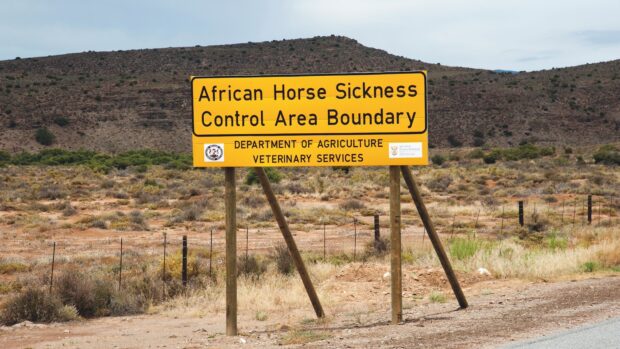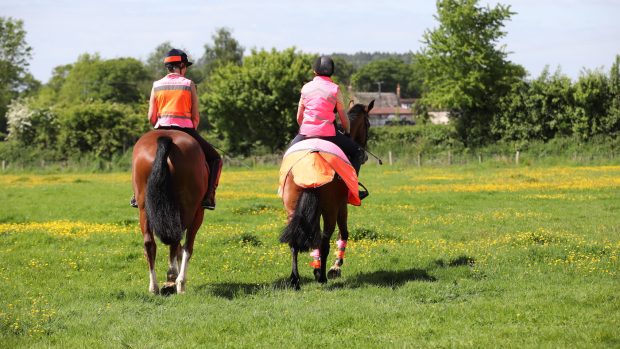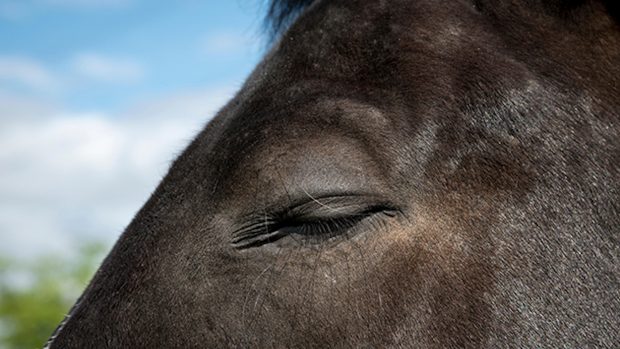Could information held on the National Equine Database (NED) help stem the spread of an infectious equine disease? That’s what researchers at the Animal Health Trust (AHT) are trying to find out.
The Horserace Betting Levy Board is funding the project looking at ways to control a potential outbreak of African Horse Sickness (AHS) in the UK.
And much of their work will involve scrutinising NED — the register of all Britain’s passported horses — to determine how accurate it is.
NED collects information from all equine passport-issuing organisations in the UK but there are concerns it holds data on dead animals and multiple registrations of horses.
And no one knows how many UK horses don’t have passports.
The AHT project started in January and will run for two years in close collaboration with NED and Defra.
AHT research assistant Charlotte Robin told H&H: “There is currently no up-to-date information regarding the size and distribution of the UK horse population.
“Data needs to be collated and maintained, but the quality needs to be validated.”
Researchers will contact horse owners in at least 10 sample areas to verify if the information on NED is correct.
Dr Madeleine Campbell, president of the British Equine Veterinary Association, told H&H: “AHS is an ongoing, real risk and to have evidence with pragmatic suggestions would be extremely useful.”
And Nick Wallbridge of NED, added: “We believe the research will validate the need for NED in exotic disease control strategy, highlight the need for changes to the type of data collected and show the need to monitor horses imported into the UK.”
This article was first published in Horse & Hound (22 April, ’10)




